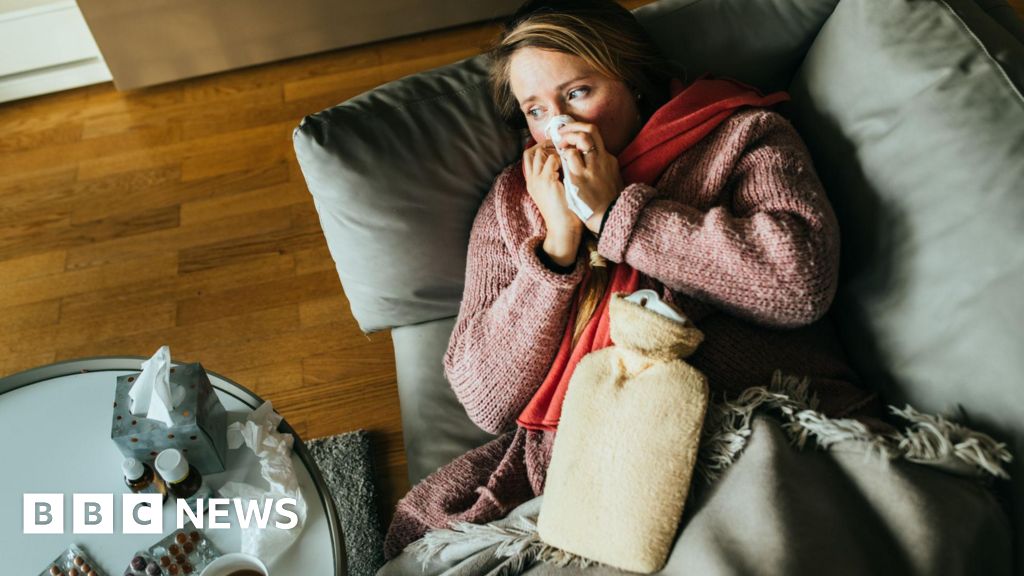
"Research on the extent to which cold weather impacts our immune systems remains unclear. But darker days mean we typically make a beeline for warm, cosy, indoor spaces. And this environment is perfect for viruses. It's also when young children get back together at school after the summer holidays. School and nursery can be like a petri dish with lots of viruses circulating and they may well bring these germs home with them."
"If a cold's coming on, then it often does so gradually. It's going to affect your nose and the back of your throat, while some will get a tickling at the back of the mouth. Another early warning sign can be a build-up of pressure in the ear. If the virus spreads further, it can reach your lungs and cause a pesky cough."
"Mostly however, these symptoms don't stop us from carrying on as normal. The same can't be said for flu, which typically adds aches, fevers and muscle weakness into the mix. Flu doesn't mean you have to go to bed, but it might make you feel that way. Since the pandemic, Covid has complicated things further, with similar symptons to flu. But one key Covid-specific identifier can be a loss of smell or taste."
The impact of cold weather on immune systems remains unclear. Darker days drive people indoors into warm, cosy spaces that favor viral transmission. Return to school and nursery after holidays, and mixing in university halls, concentrate viruses and spread germs back to households. Cold symptoms typically develop gradually, affecting the nose and back of the throat, sometimes with a tickle or ear pressure and potentially a cough if the virus reaches the lungs. Flu adds aches, fevers and muscle weakness and can make people feel bedridden. Covid often mirrors flu symptoms but can include loss of smell or taste.
Read at www.bbc.com
Unable to calculate read time
Collection
[
|
...
]